Product Name: Aluminum Forging
Product Type: Metal Forging
Material: Aluminum
Shape: Customized
Surface Treatment: Anodizing, Powder Coating, Spray Painting, Polishing
Production Process: Die Casting, Press Forging
Advantages:
1. High strength-to-weight ratio
2. Superior mechanical properties
3. Enhanced resistance to fatigue and wear
4. Tight dimensional tolerances
5. Cost-effective production
| Color | Silver |
|---|---|
| Material | Aluminum |
| MOQ | 1 Pcs |
| Sample | Available |
| Place of Origin | China |
Product Details
MINGYU Tech is a trusted supplier of precision brass aluminum forging to the healthcare industry. With advanced forging technology and a clean, controlled environment, we produce forgings that meet the strict quality and safety standards of the medical industry. Our team works closely with medical device manufacturers to provide customized solutions that meet their unique needs. We are committed to maintaining the highest level of quality and traceability of our products.
brass aluminum forging is the process of shaping aluminum alloys using extreme heat and pressure, resulting in a strong and lightweight product. This manufacturing process has been used for centuries to create sturdy and reliable products, and has become increasingly popular in recent years due to the rise in demand for high-quality, lightweight and durable materials.
One of the main advantages of brass aluminum forging is the strength-to-weight ratio of the final product. brass aluminum forgings are known for their high strength and low weight, making them ideal for use in a variety of industries, including aerospace, automotive, and construction. This lightweight feature makes brass aluminum forgings highly sought after, as they reduce the overall weight of the end product, resulting in increased fuel efficiency and higher payload capacity.
In addition to their strength and lightweight nature, brass aluminum forgings also offer exceptional corrosion resistance. This is due to the natural formation of a protective oxide layer on the surface of the aluminum, which helps to prevent rust and other forms of corrosion. This makes brass aluminum forgings an excellent choice for outdoor and marine applications, as well as in harsh environments where corrosion is a concern.
| Place of Origin | China |
| Material | Metal Aluminium Steel Copper Brass |
| Process | Forging+machining+HT+finish Machining |
| Surface treatment | Polishing |
| Application | Machinery Parts |
| Product name | brass aluminum forging |
| Certificate | TS16949/ISO9001 |
| Color | Customized Color |
| Quality Control | 100% Inspection |
| Lead Time | 17-33 Days |
| MOQ | 1 Piece |
| Supply Ability | 208399 Piece/Pieces per Month |
| Quantity (pieces) | > 513 |
| Lead time (days) | To be negotiated |
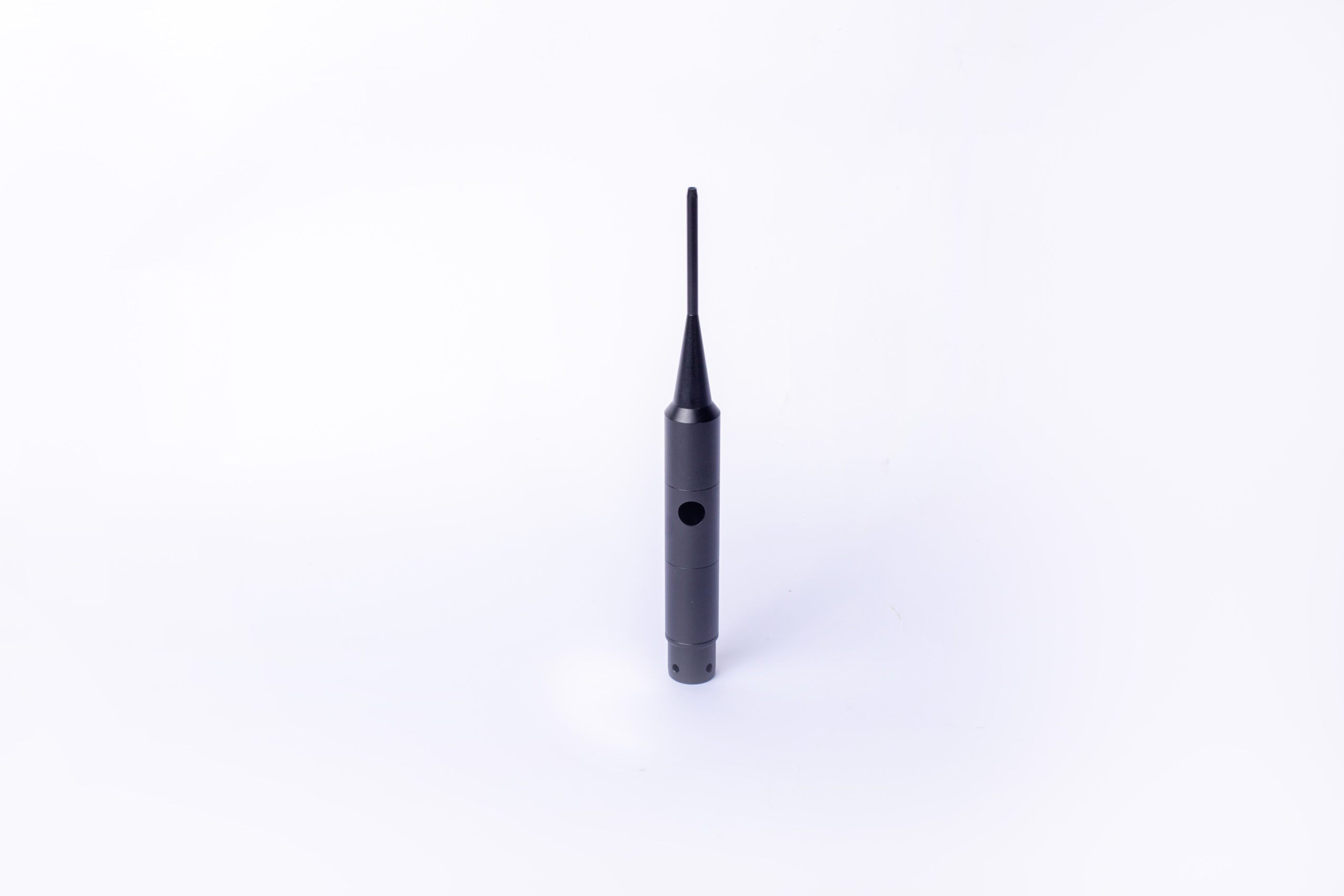
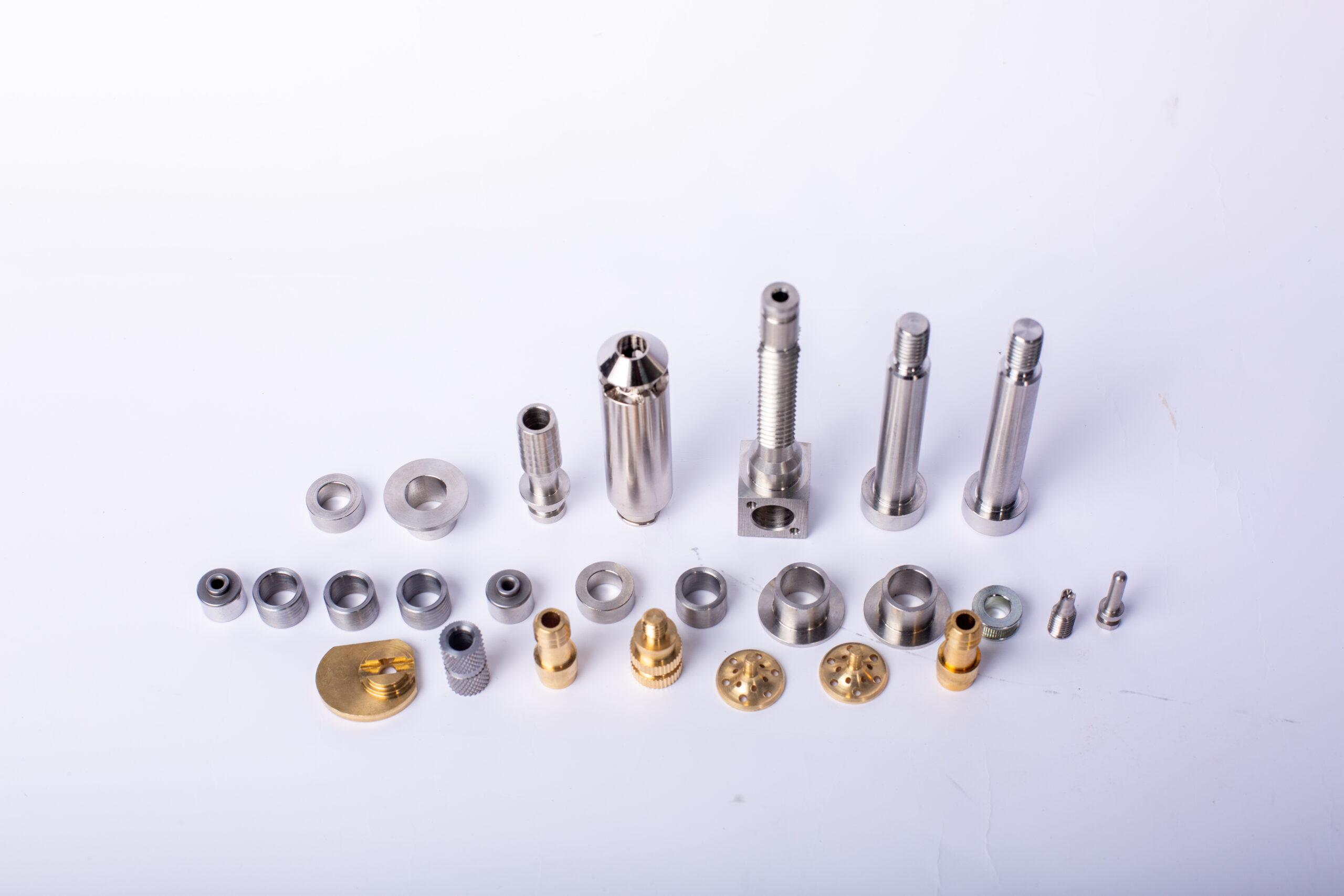
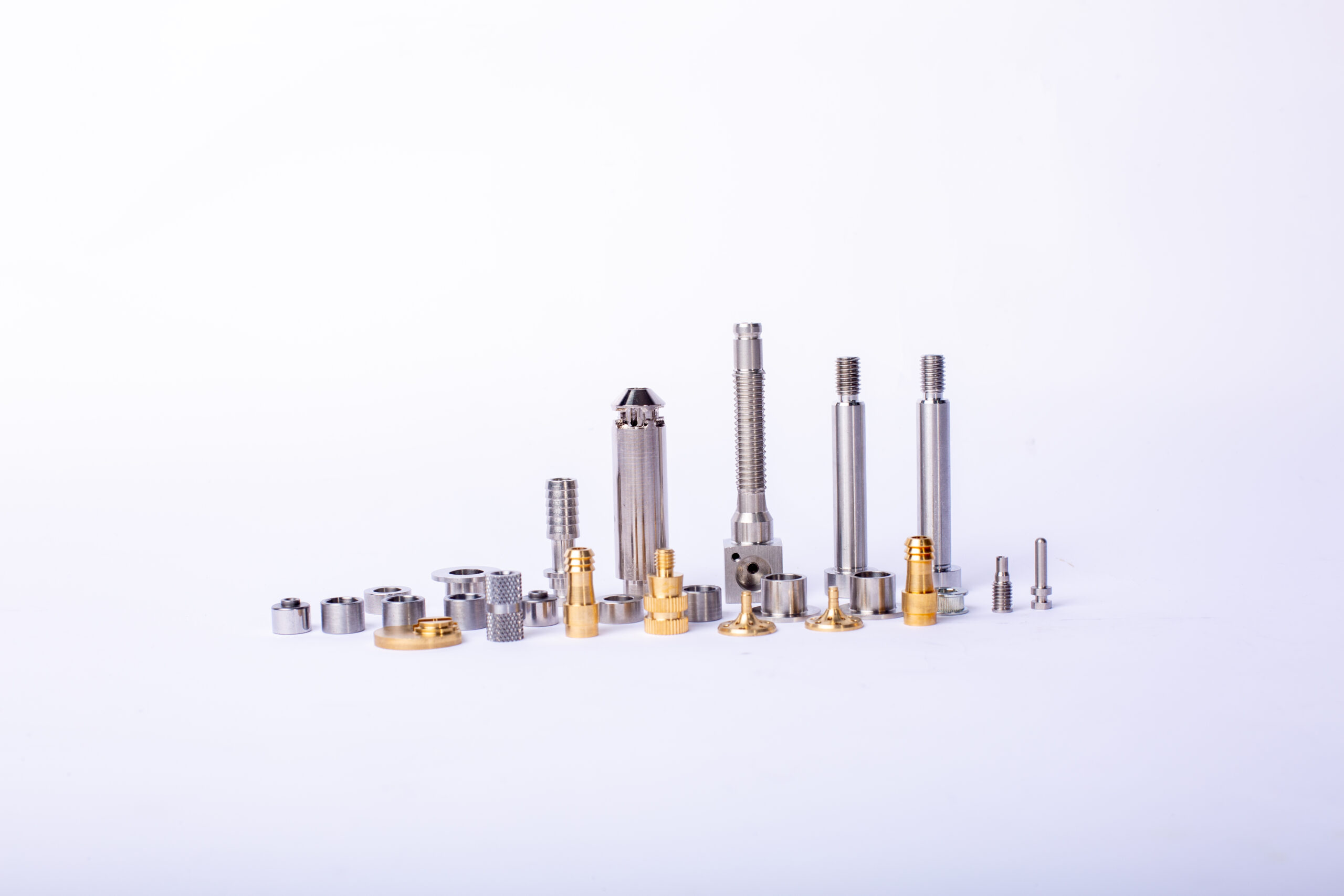
brass aluminum forging FAQs Guide.
Our company is dedicated to providing high-quality brass aluminum forging products to meet the needs of various industries. With advanced technology and skilled craftsmanship, we have become a leading manufacturer in the field of brass aluminum forging. Our products are widely used in aerospace, automotive, and construction industries, just to name a few. We take great pride in our products as they are not only durable and reliable, but also lightweight and eco-friendly. Through this introduction, we hope to showcase the versatility and excellence of our brass aluminum forging products. Thank you for choosing us as your trusted provider of top-notch brass aluminum forging products.
1.Are there any surface treatment options for brass aluminum forgings?
Our brass aluminum forging products undergo strict quality control to ensure customer satisfaction.
Yes, there are several surface treatment options for aluminum forgings, including anodizing, powder coating, painting, and plating. Anodizing is a process that creates a protective oxide layer on the surface of the aluminum, while powder coating and painting are used to add color and texture to the surface. Plating is used to add a layer of metal to the surface of the aluminum, such as chrome or nickel.
2.How is brass aluminum forging different from other metal forging processes?
We continue to invest in research and development and continue to launch innovative products.
Aluminum forging is different from other metal forging processes in that it requires a different set of tools and techniques. Aluminum is a softer metal than other metals, so it requires a different set of tools and techniques to shape it. Aluminum forging also requires a lower temperature than other metals, so it is more energy efficient. Additionally, aluminum forging is more cost effective than other metal forging processes due to its lower melting point.
3.About brass aluminum forging delivery date
The delivery date for aluminum forging depends on the complexity of the part and the size of the order. Generally, the delivery time for a standard aluminum forging order is between 4-6 weeks. However, if the order is complex or large, the delivery time may be longer.
4.What is brass aluminum forging?
We focus on innovation and continuous improvement to maintain a competitive advantage.
Aluminum forging is a metalworking process in which heated aluminum is shaped into desired shapes and sizes by applying compressive forces. It is a process that is used to create complex shapes and parts from aluminum. The process involves heating the aluminum to a temperature that is just below its melting point and then using a hammer or press to shape it into the desired shape. Aluminum forging is used in a variety of industries, including aerospace, automotive, and medical.
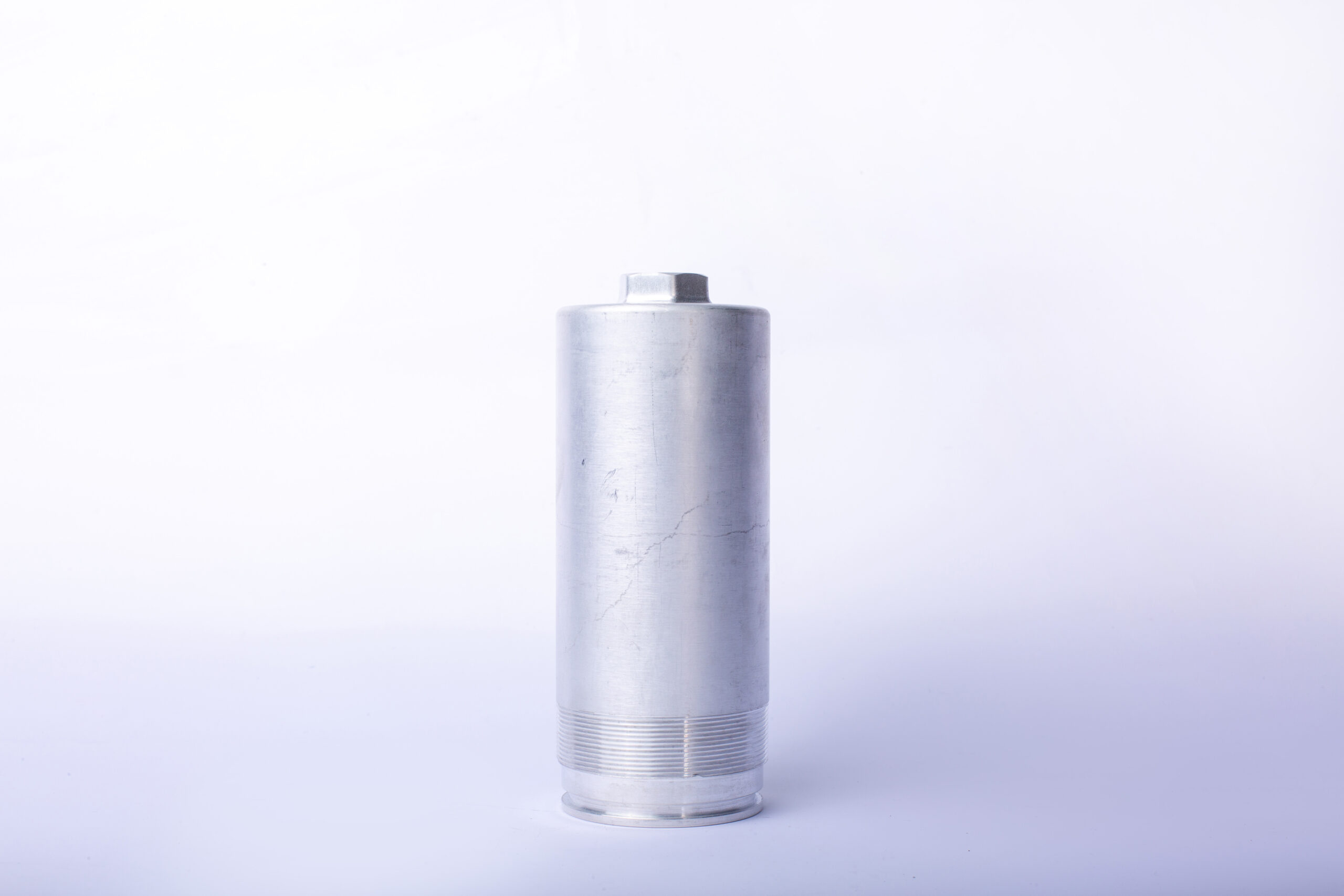
5.About brass aluminum forging MOQ
The minimum order quantity (MOQ) for aluminum forging depends on the size and complexity of the part being forged. Generally, the MOQ for aluminum forging is between 500 and 1000 pieces. However, some aluminum forging companies may be willing to accept orders for smaller quantities.
6.Are there any differences in the mechanical properties of forged and cast aluminum?
We pay attention to the transformation of intellectual property protection and innovation achievements. Your OEM or ODM order design we have a complete confidentiality system.
Yes, there are differences in the mechanical properties of forged and cast aluminum. Forged aluminum is typically stronger and more ductile than cast aluminum, due to the forging process which increases the grain size and improves the mechanical properties. Forged aluminum also has a higher yield strength and tensile strength than cast aluminum. Cast aluminum is typically softer and more brittle than forged aluminum, and has a lower yield strength and tensile strength.
7.Can multiple aluminum components be forged and joined together?
We should enjoy a good reputation in the industry, and we can increase the added value of the products of cooperative customers through technological innovation.
Yes, multiple aluminum components can be forged and joined together. This is done through a process called aluminum forging and welding. This process involves heating the aluminum components to a high temperature and then using a hammer or press to shape them into the desired shape. The components are then welded together using a welding process such as TIG or MIG welding.
8.How does the cost of tooling for brass aluminum forging compare to other metal forging processes?
We operate our brass aluminum forging business with integrity and honesty.
The cost of tooling for aluminum forging is typically lower than other metal forging processes due to the lower melting point of aluminum. This allows for shorter cycle times and less wear on the tooling, resulting in lower costs. Additionally, aluminum is a softer metal than other metals, which makes it easier to shape and form. This also helps to reduce the cost of tooling.
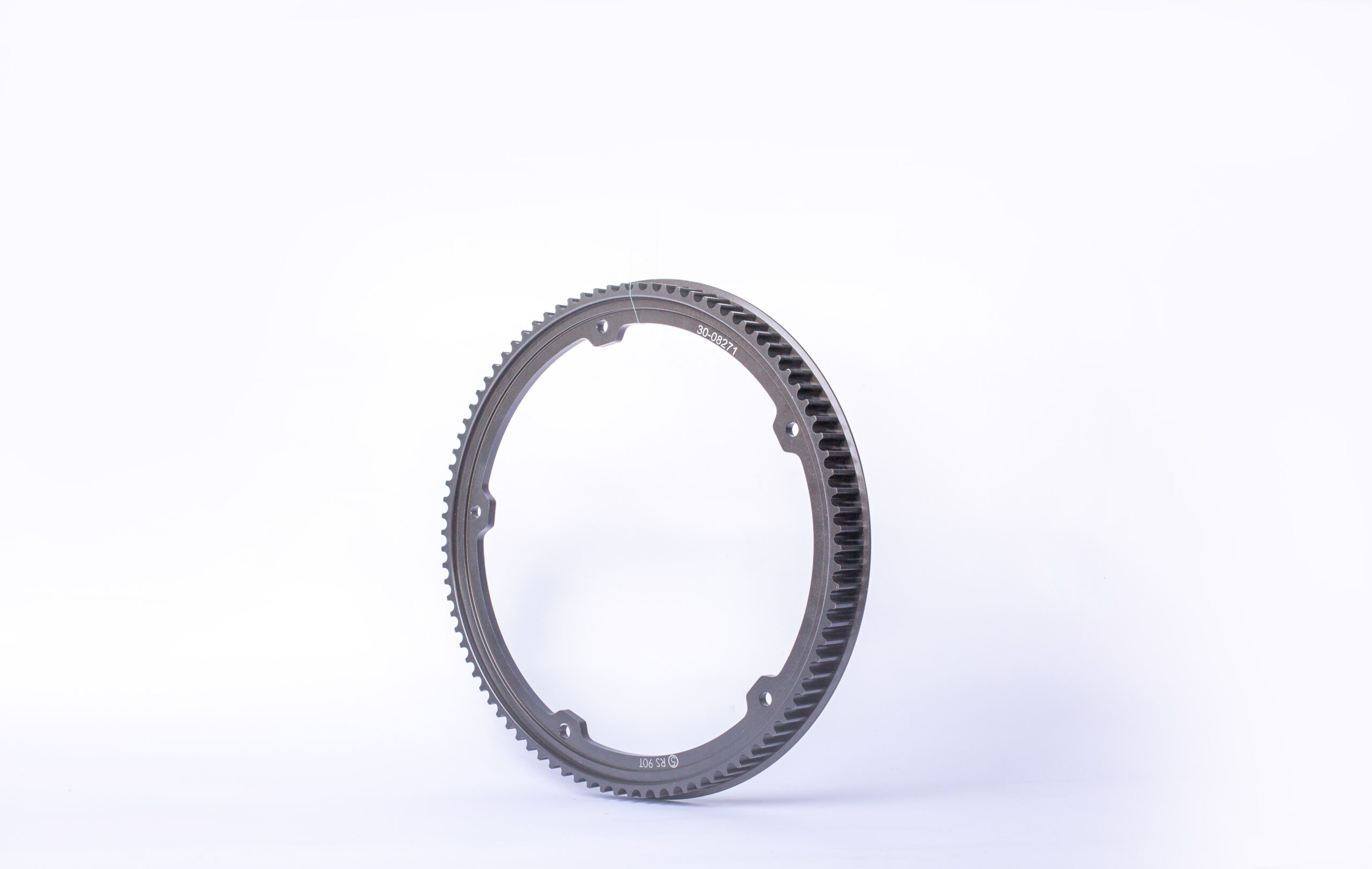
9.What level of precision can be achieved in brass aluminum forgings?
The level of precision that can be achieved in aluminum forgings depends on the type of forging process used and the quality of the raw material. Generally, aluminum forgings can achieve tolerances of up to +/- 0.005 inches (0.127 mm). However, some processes can achieve even higher levels of precision, such as die forging, which can achieve tolerances of up to +/- 0.001 inches (0.025 mm).
10.About brass aluminum forging production skills training
Aluminum forging production skills training is a type of training that teaches workers how to safely and effectively produce aluminum forgings. This type of training is important for workers in the aluminum forging industry, as it helps them to understand the process of forging aluminum and how to produce quality products. The training typically covers topics such as safety, tooling, and the proper use of equipment. It also covers topics such as heat treatment, metallurgy, and the different types of aluminum alloys used in forging. Additionally, the training may cover topics such as quality control and inspection, as well as the different types of finishing processes used in aluminum forging.
11.What are the different heat treatment processes used for brass aluminum forgings?
We have a first -class management team, and we pay attention to teamwork to achieve common goals.
1. Solution Heat Treatment: This process involves heating the aluminum forging to a temperature above its solidus temperature and then rapidly cooling it. This process is used to improve the strength and hardness of the aluminum forging.
2. Aging: This process involves heating the aluminum forging to a temperature below its solidus temperature and then allowing it to cool slowly. This process is used to improve the strength and hardness of the aluminum forging.
3. Annealing: This process involves heating the aluminum forging to a temperature above its solidus temperature and then allowing it to cool slowly. This process is used to improve the ductility and machinability of the aluminum forging.
4. Stress Relieving: This process involves heating the aluminum forging to a temperature below its solidus temperature and then allowing it to cool slowly. This process is used to reduce internal stresses in the aluminum forging.
5. Normalizing: This process involves heating the aluminum forging to a temperature above its solidus temperature and then allowing it to cool in air. This process is used to improve the strength and hardness of the aluminum forging.
12.Can brass aluminum forgings be re-forged or recycled?
We have a good reputation and image in the industry. The quality and price advantage of brass aluminum forging products is an important factor in our hard overseas market.
Yes, aluminum forgings can be re-forged or recycled. The process of re-forging involves heating the aluminum forging to a temperature that is suitable for reshaping and then using a hammer or press to reshape it. Recycling involves melting down the aluminum forging and then casting it into a new shape.
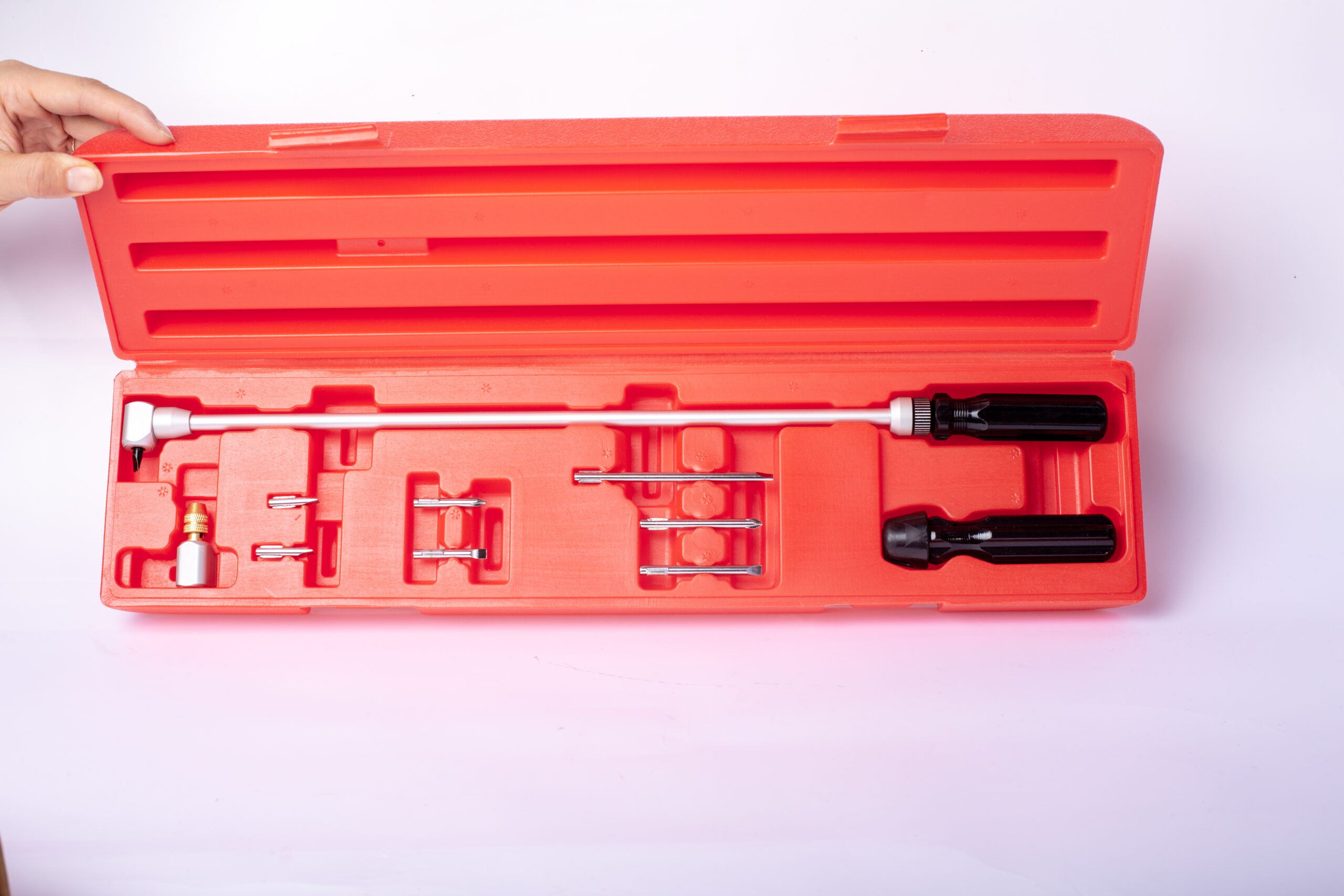
13.How does the surface finish affect the performance of brass aluminum forgings?
The surface finish of aluminum forgings can have a significant impact on the performance of the part. A smooth, uniform surface finish can reduce friction and wear, improve fatigue strength, and reduce the risk of corrosion. A rough surface finish can increase friction and wear, reduce fatigue strength, and increase the risk of corrosion.
Tag:7075-t6 forged aluminum,cold forge aluminum,forged aluminum carosel,bbs forged aluminum wheels
Product Inquiry
We will respond within 12 hours, please pay attention to the email “@163.com” or “@alumforge.com”.
Also, you can go to the Contact Page, which provides a more detailed form, if you have more inquiries for products or would like to obtain OEM service.
Our sales experts will respond within 24 hours, please pay attention to the email with the suffix “@163.com”.